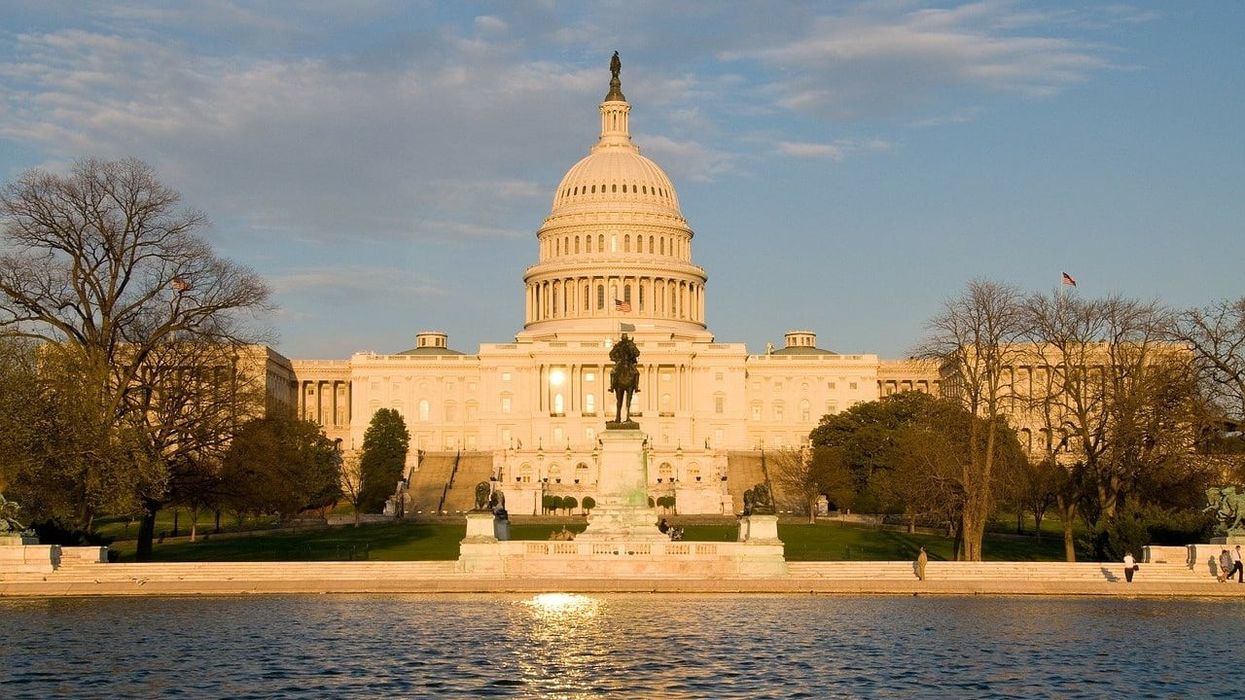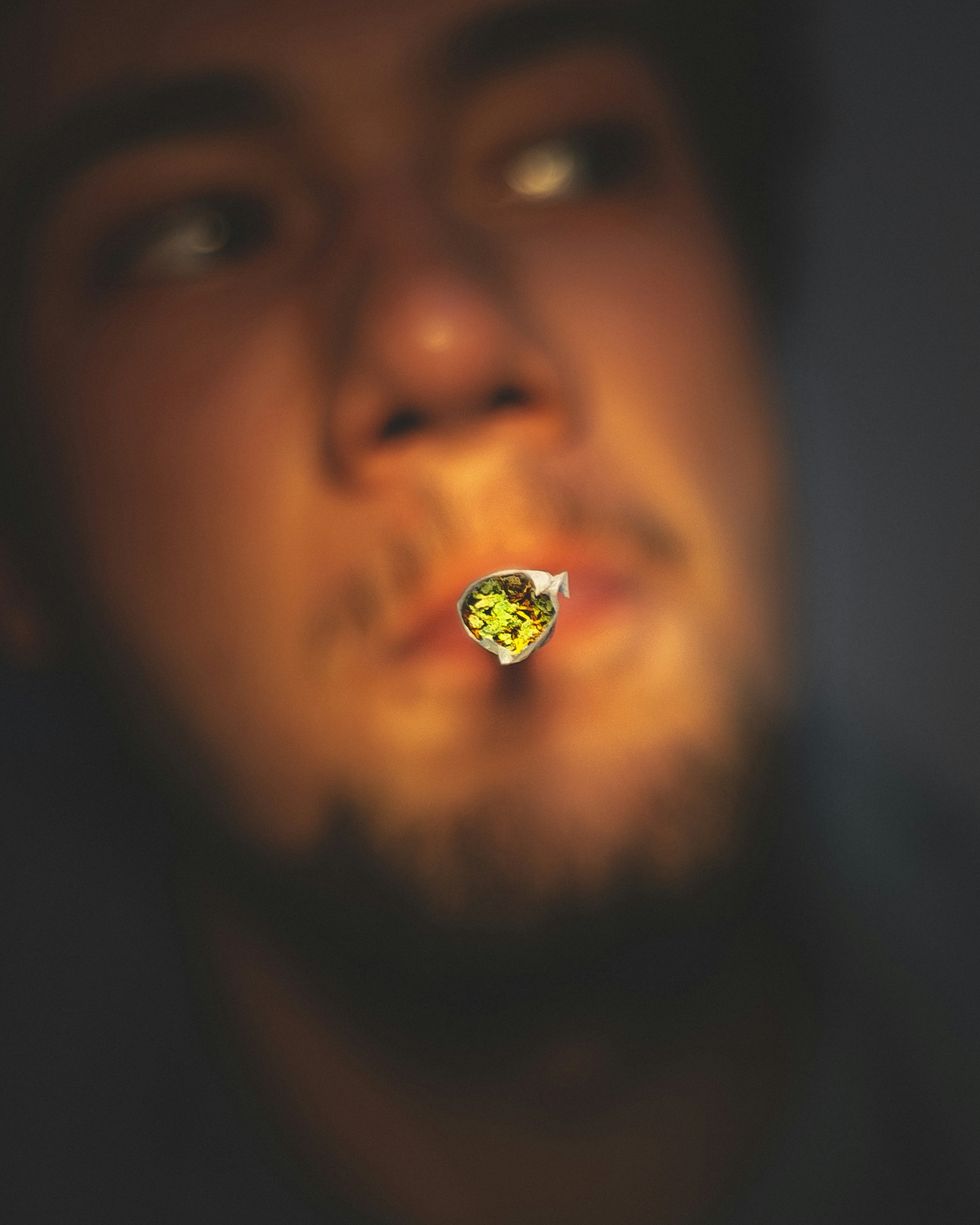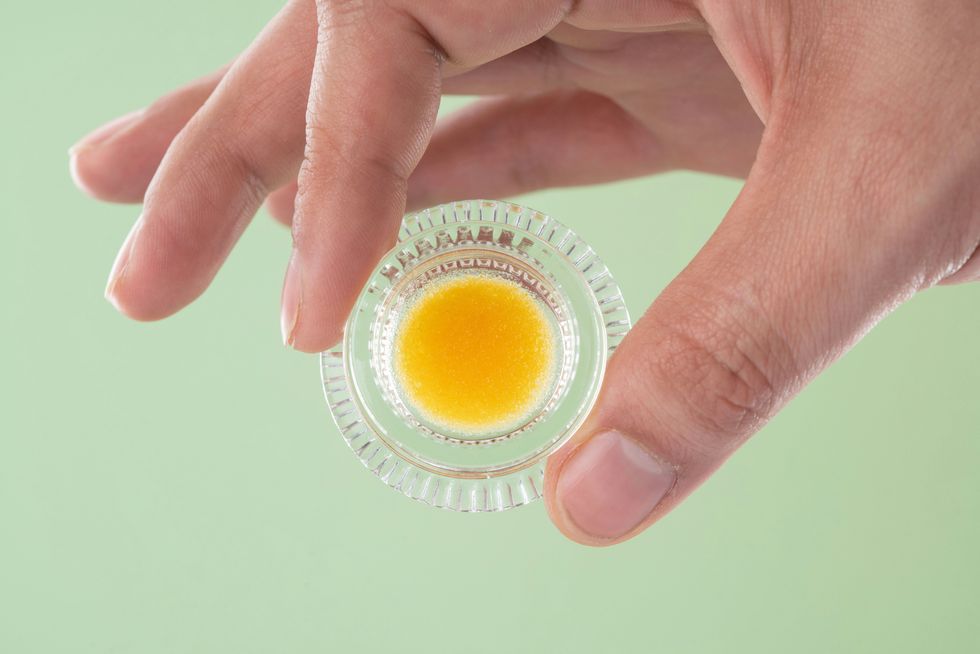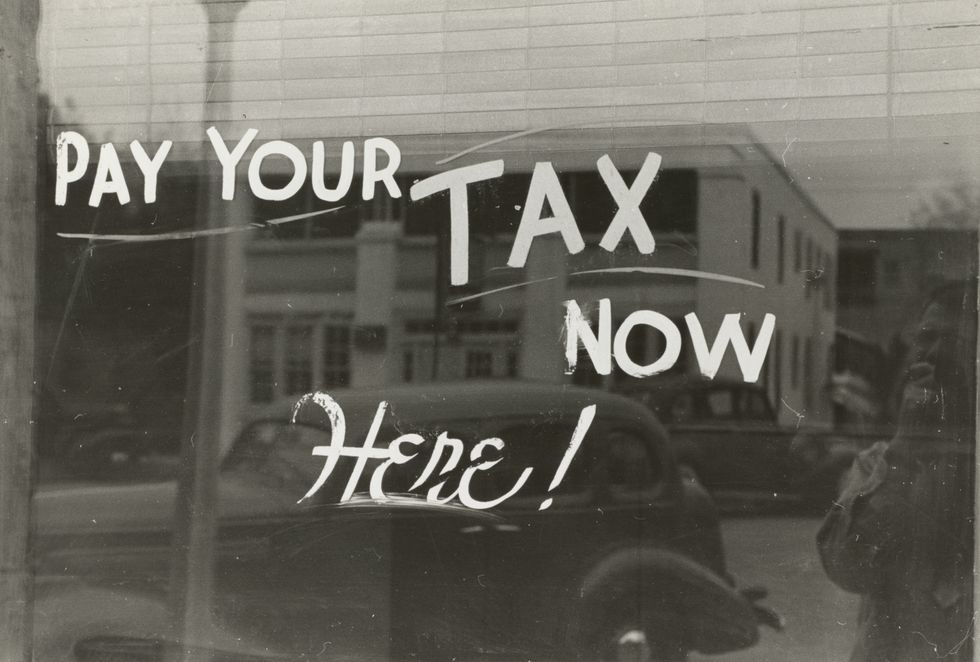This was no doubt a difficult week in U.S. history with the breach of the U.S. Capitol.
However, the past few days also saw important cannabis news.
Some of it will inspire you with hope, some of it poses important questions, and some of it might make you angry.
Let’s jump right in.
#1) Key Updates on Potential for Federal Cannabis Reform
What Happened: Two things: 1) President-elect Joe Biden revealed Merrick Garland as his pick for Attorney General, and 2) Democrats gained control of the U.S. Senate after winning both seats in the Georgia run-offs.
Why It’s Important: Merrick Garland’s stance on the cannabis issue is to defer all thinking to the Drug Enforcement Agency (DEA), which is part of the Justice Department. Naturally, the DEA is vehemently against any type of cannabis reform, maintaining the plant must remain a Schedule I substance. What the DEA won’t tell you are concerns over downsizing the department should the U.S. stop treating cannabis like a criminal issue and instead as a public health issue.
And fortunately, all of this may be a moot point now that Democrats have taken control of the U.S. Senate thanks to voters in Georgia. Democratic challengers Jon Ossoff and Raphael Warnock both won in the state’s run-off elections this past week.
Sen. Mitch McConnell (R), now on his way out as Senate Majority Leader, was possibly the last lingering roadblock to federal cannabis reform. Now that he is out of the way, federal cannabis bills have a greater chance of passing than ever before.
This includes bills like the MORE Act, which would essentially decriminalize and deschedule cannabis at the federal level.
#2) Illinois Cannabis Pumps New Life into Social Justice and Social Equity Efforts
What Happened: Illinois lawmakers revealed a plan to add 75 new cannabis store licenses, doubling the current number. The intent is to give minorities and people of color a greater chance at participating in the industry.
Why It’s Important: Last year’s licensing round in Illinois generated a lot of criticism and lawsuits with claims of unfair scoring and preference given to those with money and political connections. As a result, the state put a freeze on issuing any of those licenses with a promise to get this mess sorted out.
The question is this: will the 75 additional licenses boost social equity efforts, or will we continue to see more of what’s been happening in other states – namely a cannabis money grab where minority stakeholders, no matter how qualified, are continuously left with nothing.
It’s an important issue, especially when considering the disproportionate impact toward people of color caused by the so-called “War on Drugs,” where countless lives and families were destroyed. It makes ZERO sense for these people to not even have a fair shot in the legal cannabis industry while the rich get richer.
Also in Illinois, Gov. J.B. Pritzker announced the expungement of nearly 500,000 cannabis arrest records on Dec. 31, 2020, which is an important step forward.
#3) New York Governor Announces Proposal to Legalize Cannabis
What Happened: On Wednesday, Gov. Andrew Cuomo announced a detailed proposal for legal cannabis in New York.
Why It’s Important: Gov. Cuomo is seemingly doing everything he can to bring cannabis legalization to New York in 2021. He’s been quite candid that the state needs money and that cannabis could help while also addressing important issues of equity.
Cuomo’s plan includes a new Office of Cannabis Management, which would also oversee the state’s medical cannabis program. Additionally, the plan includes provisions to create opportunity and assistance “to entrepreneurs in communities of color who have been disproportionately impacted by the war on drugs.”
The New York State Legislature will be considering at least eight different cannabis bills thus far pre-filed for their upcoming session.
Overall, if New York were to legalize cannabis it would be a monumental moment for the movement as a whole. And it would no doubt reverberate across the globe, further dissipating that harmful stigma which so many people still harbor toward cannabis.
#4) Are Montana Lawmakers Attempting to Derail Adult-Use Cannabis?
What Happened: Montana lawmakers turned down a request for $1.35 million by the state revenue department which to fund the rolling out of the state’s adult-use cannabis program. The was requested to hire 20 full-time employees that would enable the department to meet their deadlines for accepting applications and launching sales.
Why It’s Important: Without this funding, the state revenue department’s ability to meet deadlines for establishing a Montana cannabis industry has been jeopardized.
Sadly, this is not surprising. Like South Dakota, Montana lawmakers appear hellbent on undermining the will of voters.
As noted by MJBizDaily, “Republican state Rep. Bill Mercer, a former U.S. attorney, reportedly characterized the request as a ‘huge tranche of money’ and sponsored an amendment to reject it. The House Appropriations Committee turned down the request by a 23-2 vote.”
And yet, the University of Montana projects $217 million in sales within just the first year of adult-use cannabis.
Did Montana Lawmaker not see these projections? The “huge tranche” of $1.35 million pales in comparison. Of course, the Montana State Legislature also tried to sabotage voter-approved medical cannabis in 2011.
#5) Booze Over Buds? New Study Reveals Concerns on Cannabis Abstinence
What Happened: Yesterday NORML posted an article on a new study (which was actually published in December). The study found that young people (14-25 years) are 60 percent more likely to drink greater amounts of alcohol more frequently when forced to abstain from cannabis use.
Why It’s Important: Alcohol kills three million people every year worldwide and is proven to be 114 times more dangerous than cannabis. And yet booze doesn’t experience the same sort of stigma and legal hang-ups we see with cannabis.
So according to this study – which involved investigators affiliated with Harvard Medical School, Loyola University, and the University of Miami – by demonizing cannabis or enforcing laws against cannabis or pushing cannabis abstinence in general, people are woefully pushing youth toward a potentially deadly substance.
And while parents and lawmakers were worried about cannabis use leading to the abuse of harder substances – it turned out alcohol was and is the real gateway drug.
Are you still missing out on The Bluntness newsletter? Sign Up today to stay in the loop.







 High-THC Weed Explored - The Bluntness Photo by
High-THC Weed Explored - The Bluntness Photo by  High-THC Weed Explored - The Bluntness Photo by
High-THC Weed Explored - The Bluntness Photo by  High-THC Weed Explored - The Bluntness Photo by Maria Fernanda Pissioli on Unsplash
High-THC Weed Explored - The Bluntness Photo by Maria Fernanda Pissioli on Unsplash 







 Scenes from Hall of FlowersPress photo provided by Hall of Flowers
Scenes from Hall of FlowersPress photo provided by Hall of Flowers Scenes from Hall of FlowersPress photo provided by Hall of Flowers
Scenes from Hall of FlowersPress photo provided by Hall of Flowers Respect My Region's Joey Brabo talking to an exhibitor at Hall of FlowersPress photo provided by Hall of Flowers
Respect My Region's Joey Brabo talking to an exhibitor at Hall of FlowersPress photo provided by Hall of Flowers
 The Dominoes Are Falling Nationwide as Federal Prohibition Ends
The Dominoes Are Falling Nationwide as Federal Prohibition Ends
 California’s Cannabis Tax Hike Is a Death Blow to the Legal Market - The Bluntness
Photo by
California’s Cannabis Tax Hike Is a Death Blow to the Legal Market - The Bluntness
Photo by